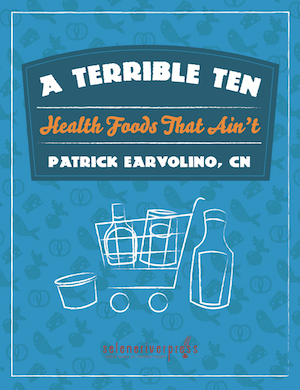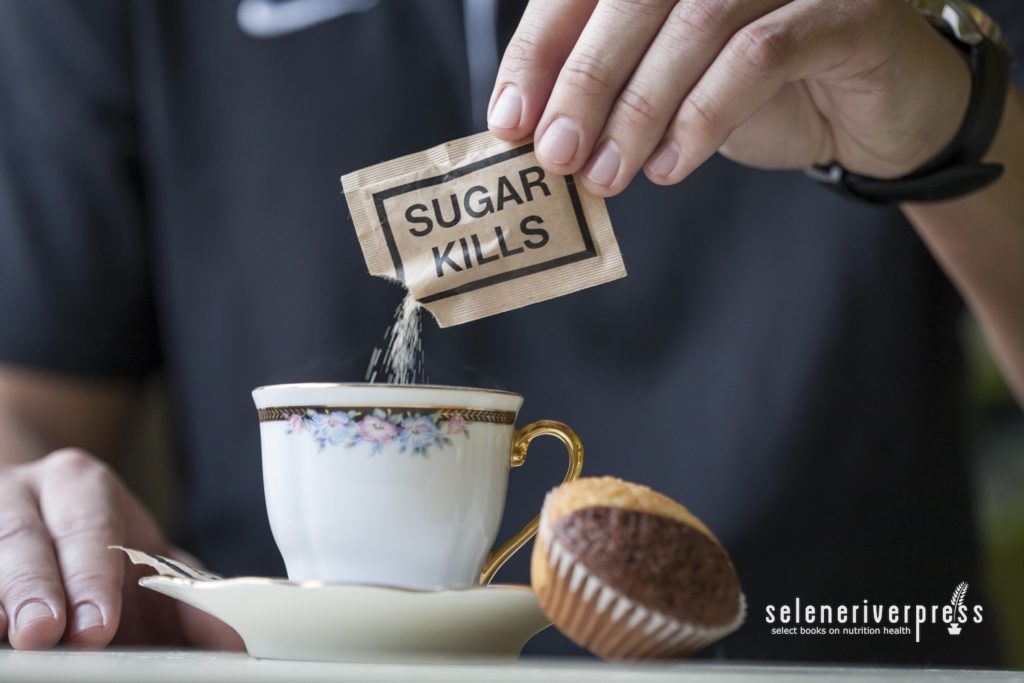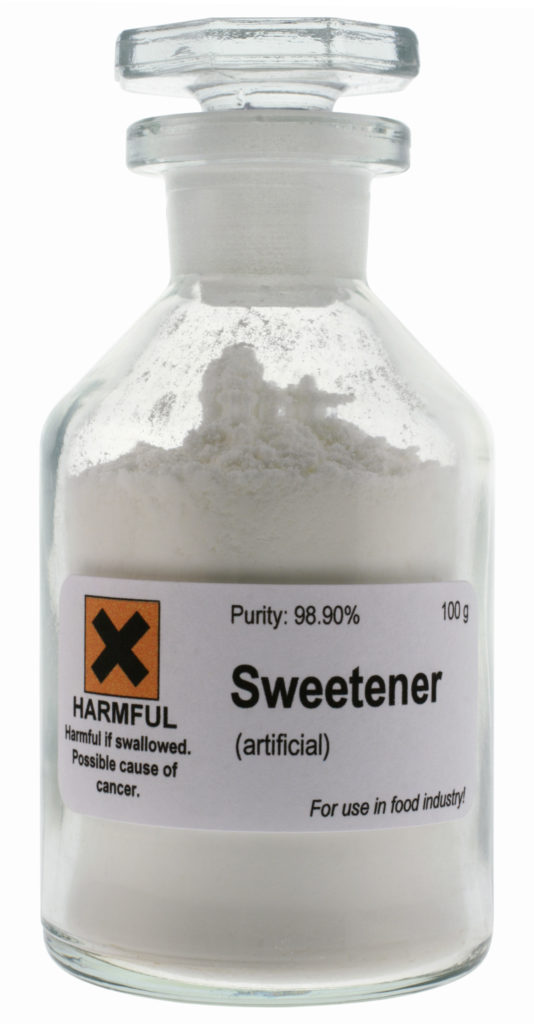It’s impossible to talk about healthy habits without talking about the destructive nature of refined sugar. And if you think you’re off the hook because you switched to artificial sweeteners, think again. Zero- and low-calorie sweeteners, such as aspartame or saccharin, cause a whole other set of problems.
It’s not that sweet foods, in and of themselves, are a problem. Mother Nature (MN) provides us with many sweet options that have a time and a place on our menu. And she rarely steers us wrong. The problem is that we started messing with what MN offered us, taking it further and further from its natural state: refining it.
Let’s start with refined sugar. If you know anything about Dr. Royal Lee’s teachings, you know how he felt about refined foods. He was not a fan. This quote from the homepage of the Dr. Royal Lee website sums up his stance on refined sugars:
Candy, all white sugar and its products, and white flour, including its products such as macaroni, spaghetti, crackers, etc., should be absolutely barred from the diet of the child. All these are energy-producing foods that contain no building materials for the body. The consequences of their toleration are susceptibility to infections, enlarged tonsils, carious teeth, unruly dispositions, stunted growth, rickets, maldevelopment, and very often permanent damage to many organs of the body (especially the endocrine glands) that depend on the vitamin supply for their normal function and development.
— Dr. Royal Lee, 1938
And worse yet are the chemically created substitutes—artificial sweeteners—that came into favor in the 1950s. We all understand why these zero- or low-calorie sweeteners became wildly popular: fewer calories, less sugar. That means less weight gain and more balanced blood sugar levels, right? Wrong!
Studies now show that these zero- or low-caloric options aren’t just sweet tasting but super sweet-tasting, and they mess with our ability to control our sweet cravings and overall caloric intake. They definitely aren’t making us healthier. In fact, this study from Purdue University concluded that “accumulating evidence suggests that frequent consumers of these sugar substitutes may also be at increased risk of excessive weight gain, metabolic syndrome, type 2 diabetes, and cardiovascular disease.”
I’m not suggesting that you never bake sweet treats for your loved ones again. But I am encouraging you to experiment with sweetener alternatives that are more suitable than the mainstream options out there. In this age of the internet, no information is too far away.
A few years back, I wrote “Healthy Sweeteners Is Not an Oxymoron,” and it still holds up today. Why? Because the sweeteners our grandparents used back in the day are the ones that never had their nutritional blueprint processed away. I’m talking about honest-to-goodness unrefined maple syrup and unsulfured molasses. These retain some vitamins and minerals because they haven’t been refined, unlike sugar cane. And besides, using dark muscovado sugar (which retains nutrients from the molasses) instead of refined white sugar in your recipe will bring a richness to your finished product that you never realized you were missing.
If you’re an artificial sweetener kind of person, educate yourself with Maria Atwood’s post “Why I Switched to Stevia: The Sweet Leaf from Garden to Table.” While using stevia as a sweetener may seem like a new idea to us, Atwood explains that the Guarani people of South America discovered this sweet plant as far back as 1,500 years ago. Stevia is a low-calorie alternative with an intense sweetness—and you can grow it in your own garden. If you’d rather purchase some to use immediately, see Atwood’s post for the quality and brands she prefers.
Finally, Sugar Blues by William Dufty would make an excellent addition to your self-health library. According to SRP, this classic book “answers the most important question of all: exactly how has white sugar disabled and destroyed people from every corner of civilization to every haven of indigenous life.” If you don’t want to know more, don’t read it. But I highly recommend that you do.
Images from iStock/MadKruben (main), Zirafek (post).
Related Topics
Disease and processed foods | Dr. Royal Lee | holistic nutrition | whole food nutrition
 Get self-health education, nutrition resources, and a FREE copy of A Terrible Ten: Health Foods That Ain't ebook.
Get self-health education, nutrition resources, and a FREE copy of A Terrible Ten: Health Foods That Ain't ebook.


